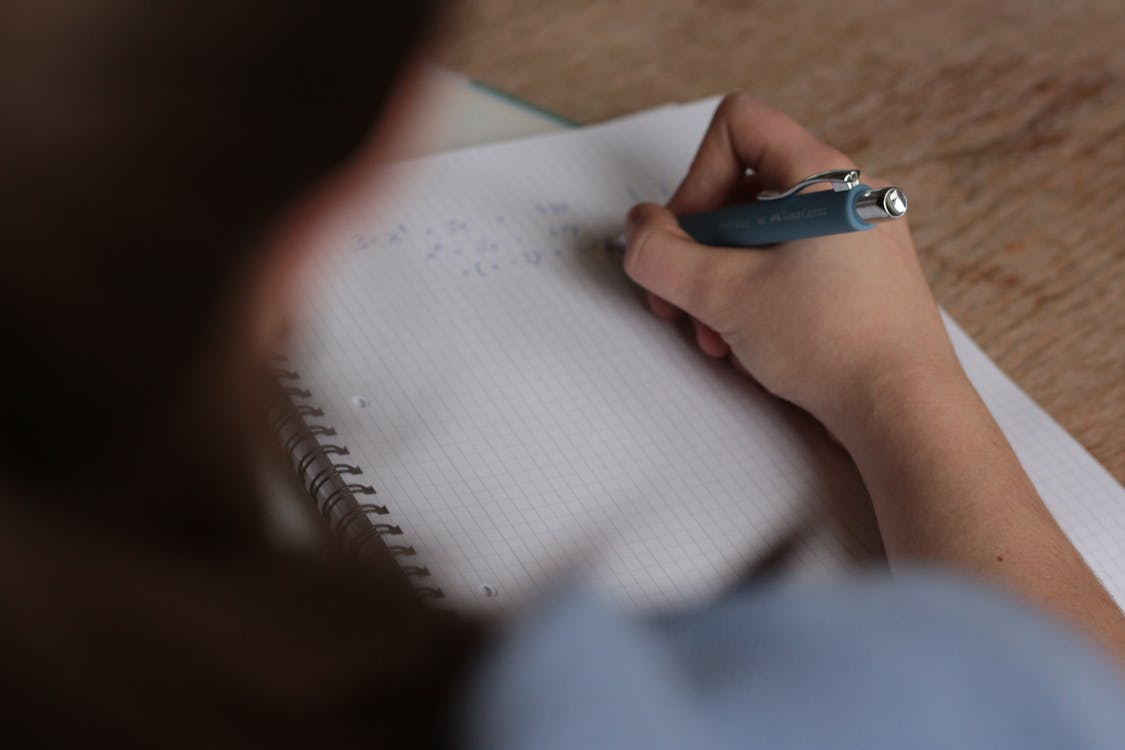
IGCSE English Literature Revision Notes and Guide to Scoring a 9
The IGCSE English Literature can be tedious and difficult to score a 9 if you are not taking the correct steps to perfect the subject. This is the ultimate guide for students to score a 9 with, inclusive of some IGCSE English Literature Revision Notes and Tips! Keep following this article to find out more!
Knowing the assessment criteria
Knowing what is tested and how it is tested will help you have a better understanding and idea of what it would be like during exams. Here’s a quick rundown of the assessment criteria:
All candidates take Paper 1 Poetry and Prose, and EITHER Paper 2 Drama, OR Paper 3 Drama (Open Text) and Paper 4 Unseen, OR Paper 3 Drama (Open Text) and Component 5 Coursework. The assessment weightage is listed below for each of the papers.
| Paper 1: Poetry and Prose | Duration | Weightage |
|---|---|---|
| 2 questions on two texts - One poetry - One prose | 1h 30 mins | 50% |
And either:
| Paper 2 | Duration | Weightage |
|---|---|---|
| Drama | 1h 30 mins | 50% |
Or:
| Paper 3 | Duration | Weightage |
|---|---|---|
| Drama (Open Text) | 45 minutes | 25% |
And:
| Paper 4 | Duration | Weightage |
|---|---|---|
| Unseen | 1h 15 mins | 25% |
Or:
| Paper 3 | Duration | Weightage |
|---|---|---|
| Drama (Open Text) | 45 minutes | 25% |
And:
| Paper 5 | Duration | Weightage |
|---|---|---|
| Coursework Portfolio of two assignments, each on a different text Internally assessed and externally moderated | - | 25% |
Next, it is important to know what the subject content for IGCSE English Literature is. The text regularly changes on the syllabus. Hence, it is important to check with your teachers what is the set text for the year and do your preparation accordingly. You can also visit the IGCSE Cambridge website on IGCSE English Literature to see the different set text every year.

IGCSE English Literature Revision Notes: Revision Tips

1 - Using the right study method
When it comes to doing well for IGCSE English Literature, students have to know their texts and phrases well. Hence, this is more than just a memorizing subject, you will have to understand to be able to answer the questions in exams.
Finding the right study method for you is essential for scoring well for English literature. Try using the Active Recall and Spaced Repetition the next time you try to revise for your exams.
Read also: Active Recall and Spaced Repetition: How to Study Effectively
This study method helps students to retrieve information from their brains instead of plainly memorizing them. Additionally, incorporating spaced repetition will help to retain the information you have learned for a longer period and allows you to become familiar with the content.
Example: Schedule 30 minutes sit-down session every 1-2 weeks to recall some of the notable contexts from your text and practice retrieving information instead of memorizing them.
Tip number 2 is to expand your vocabulary. Literature is difficult because it requires students to express their thoughts using words. Having a wide range of vocabulary will help to express your thoughts in a more sophisticated and precise way. To increase your vocabulary, use the vocabulary as often as you can. You can also use flashcards to help you remember more vocabulary.

2 - External resources - Youtube
It can become dreadful and difficult to constantly read texts over and over again. You can spice up your literature learning by going to Youtube and searching for your text. There are many trained professionals that would break down and even explain parts of the texts in a digestible way. It could also help to broaden your thinking by listening to others’ inputs and opinions.

3 - Prioritize your classwork
Do not neglect the classwork that you have been assigned in class. Classwork is important to not only help you track your progress but also to give you extra practice to strengthen your writing and interpretation skills. The classwork you do will ultimately be the content you’ll be assessed on therefore it is important to work on them with your fullest effort and be consistent about it.
Taking your classwork seriously and doing them consistently will increase your knowledge as time passes, you will be able to gain new ideas and be able to think and express your ideas clearly.
Ultimately, there are just endless benefits to doing classwork.

4 - Practice past year papers with an exam mindset and setting
One thing about practice papers is that they provide students with the opportunity to understand the format of exam papers. You can definitely find some useful IGCSE English Literature Revision Notes when attempting this past year’s papers. They also help students to set the tone and allow students to anticipate certain questions.
Taking these past year’s exam papers with an exam mindset and setting will get you settled into the exam mood quicker with little to no panic. You will be surprised how calm you will be when you are doing the real exam. On top of that, past year papers also give you new texts to work on and allow you to generate new ideas and strengthen memory about the text.

5 - Having an essay plan
You may have heard of ‘rule of 3’ where many writers tend to use it when it comes to prose, poetry, oral storytelling, films, and even advertising. The rule of three is a collection of 3 words, phrases, sentences, lines, paragraphs/stanzas, chapters/sections of writing.
Example: Outlining 3 different things you will be focusing on in your essay. Next, you decide in what context you are going to link your points.
Tip: Make sure you practice this before your exams. It will help to quicken your writing pace as you already have a mental idea of what you will be writing.
In a nutshell, it is possible to score a 9 for your IGCSE English Literature as long as you continue to put in consistent effort in your studies!
Read also: IGCSE English Literature – Essay Writing Guide
Written by
Tutopiya Team
Educational Expert
Related Articles

Which Is the Toughest Subject in IGCSE and How Can You Overcome It?
Tackle tough IGCSE subjects! Discover the hardest IGCSEs and get expert tips for success in Maths, Physics & more, essential for IB & A-levels.

Is 6 Months Enough to Prepare for IGCSE Exams?
Comprehensive guide and expert insights on educational topics for IGCSE, IB, and international curriculum students.

A-Level and IB Students: 6 Steps to Nail Your University Application
A-level & IB students: Nail your university application! Get expert tips on building a winning application for top international unis.


